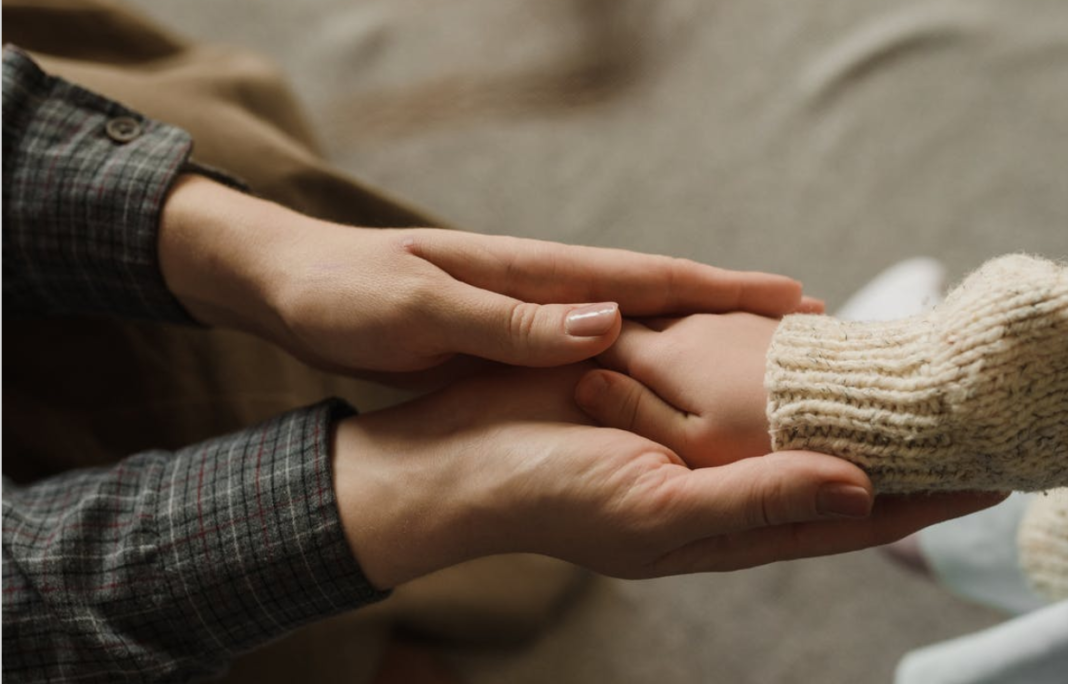Over four million Australians is disabled. Many people live with their primary caregiver. Caring for a loved one may be gratifying, but it can also be physically, emotionally, and cognitively exhausting. That is why NDIS respite care is so critical.
Families and caregivers offer assistance and support that would otherwise be supplied by official programs. Most powerful advocates for individuals with disabilities, they offer both practical and emotional assistance to enable them to live their best lives.
In this post, we’ll go over some of the terminologies and explain what it means.
Understanding the NDIS Respite Care
NDIS can provide all persons with disabilities with information and links to local services such as doctors, athletic clubs, support groups, libraries, and schools and information on the support provided by each state and territory government.
What Does It Mean?
Respite accommodation provides both NDIS participants and their informal carers with a well-deserved break.
By living in NDIS respite accommodation, you get a change of scenery and a break from routine, and your informal support network gets some time to themselves.
Respite care encompasses more than simply lodging; it also includes the help you earn while there.
As part of your stay, most NDIS respite care providers incorporate capacity-building group activities, such as art therapy workshops, group fitness activities, or day trips.
Let us now define the main concepts of the NDIS.
National
The NDIS will be implemented in phases throughout all states and territories.
Disability
The NDIS assists qualifying persons with intellectual, physical, sensory, cognitive, or psychosocial disability. Early intervention can also be offered to eligible people with impairments and undeveloped children.
Insurance
The NDIS ensures that all Australians get the necessary help if their kid or beloved one is delivered with or develops a severe permanent disability.
Scheme
Because the NDIS intends to assist individuals to obtaining the aid they need, skills and independence develop over time.
Services
NDIS Respite Care offers various specific services, depending on the patient’s needs. It includes the following:
Occupational Therapy (OT)
An Occupational Therapist can help you gain the skills and confidence you need to engage in everyday activities. They can also help you improve your independent living skills and school participation.
Physiotherapy
When someone is injured, sick, or disabled, physiotherapy can help restore mobility and function. It can also assist to lowering your risk of future injury or disease. It adopts a comprehensive approach that directly incorporates the patient in their treatment.
Accommodation for the Short and Medium Term
Helps disabled persons to live independent and fruitful lives and accomplish their objectives in a supportive setting. It is also an opportunity for family members or caregivers to take a break from their regular routine.
Pathology of Speech
A speech-language pathologist is responsible for a variety of tasks.
They often assess a person’s speech or swallowing abilities, identify underlying issues, create a personalized treatment plan, conduct therapy, and keep records to track a person’s improvement. Every treatment they provide is referred to as therapy.
NDIS Respite Care in Brisbane
In Brisbane, there are several excellent speech therapists.
A Brisbane speech pathologist conducting a Brisbane speech therapy is a university-trained allied health specialist specializing in speech. However, speech therapy may assist with so much more than simply communication problems.
If your kid requires assistance in any of these areas, it is well worth looking at the possibility of speech therapy. Speech Pathology Australia has provided a helpful guide on choosing a Speech Therapist for your kid, which may assist you in getting started.
Important NDIS Terms
Permanent and Severe Disability
Permanent disability can cause disability for the rest of your life. Significant disabilities have a substantial impact on the ability to function in daily life.
Resources and Support
It refers to the assistance or items that help people participate in communities and reach their goals in their daily lives.
Primary Prevention
It assists people as soon as possible, whether children or adults, to mitigate the effects of disability and developmental delay and support skills and independence.
Several Forms of Respite
Below are the several forms of respite for persons with disabilities:
Short-Term Accommodation
STA, including NDIS, is helpful for when you need to live away from home for a brief period. If you include STA in your plan, the NDIS can cover up to 28 days of STA each year.
This form of assistance is often utilized for brief periods of up to 14 days. Other options, such as Supported Independent Living, may be worth considering if you require longer-term care.
Emergency Short-Term Care
Emergencies can occur at any time. In the case of a home emergency, you may be able to get free short-term lodging by contacting the NDIS respite at 1800 193 362.
Accommodations for Hosts
The host of the NDIS Ventilator Program will provide disability-related help, home assistance, emotional support, and a family atmosphere. It is also known as the individual living option (ILO).
Encourages Community Engagement Activities
Social and recreational activities are a part of everyday life and may be enjoyable and help you maintain your health and well-being, gain independence, and meet new people.
The NDIS respite can help you get the extra aid you need to participate in activities like Learning and Lifestyle Hubs, Supported Employment, and community support through the Temporary Transformation Payment (TTP).
Temporary Times of Additional Personal Assistance
If your informal support person is absent, stay at home with temporary times of extra personal help. These additional services might include a support worker, transportation to daily personal tasks, or assistance with medical visits.
Summary
NDIS Respite is a wonderful plan to meet new people, participate in activities, and have the assistance of highly certified and experienced personnel to help with your daily living requirements.
We recognize that the need for short-term care might range from an unexpected incident to satisfying a caregiver’s own needs.
As a consequence, in an emergency, we can provide respite and short-term housing, with a variety of solutions accessible instantly.
It can provide short-term accommodation and respite care for as little as a few hours or a few weeks to accommodate your requirements and those of your relatives or carers.
Do you have any concerns regarding respite care or how to afford it? Call us at 1800 193 362 to learn more about Montrose Therapy and Respite Services.















